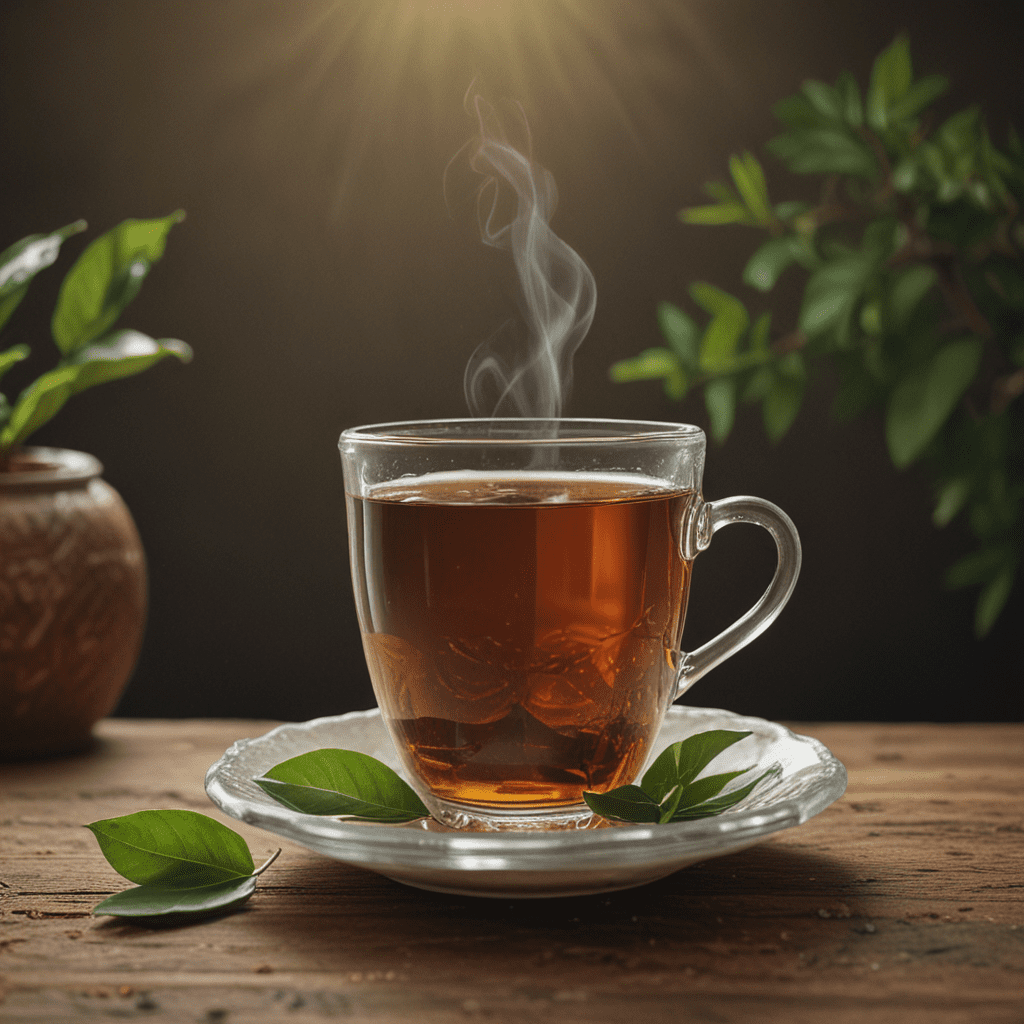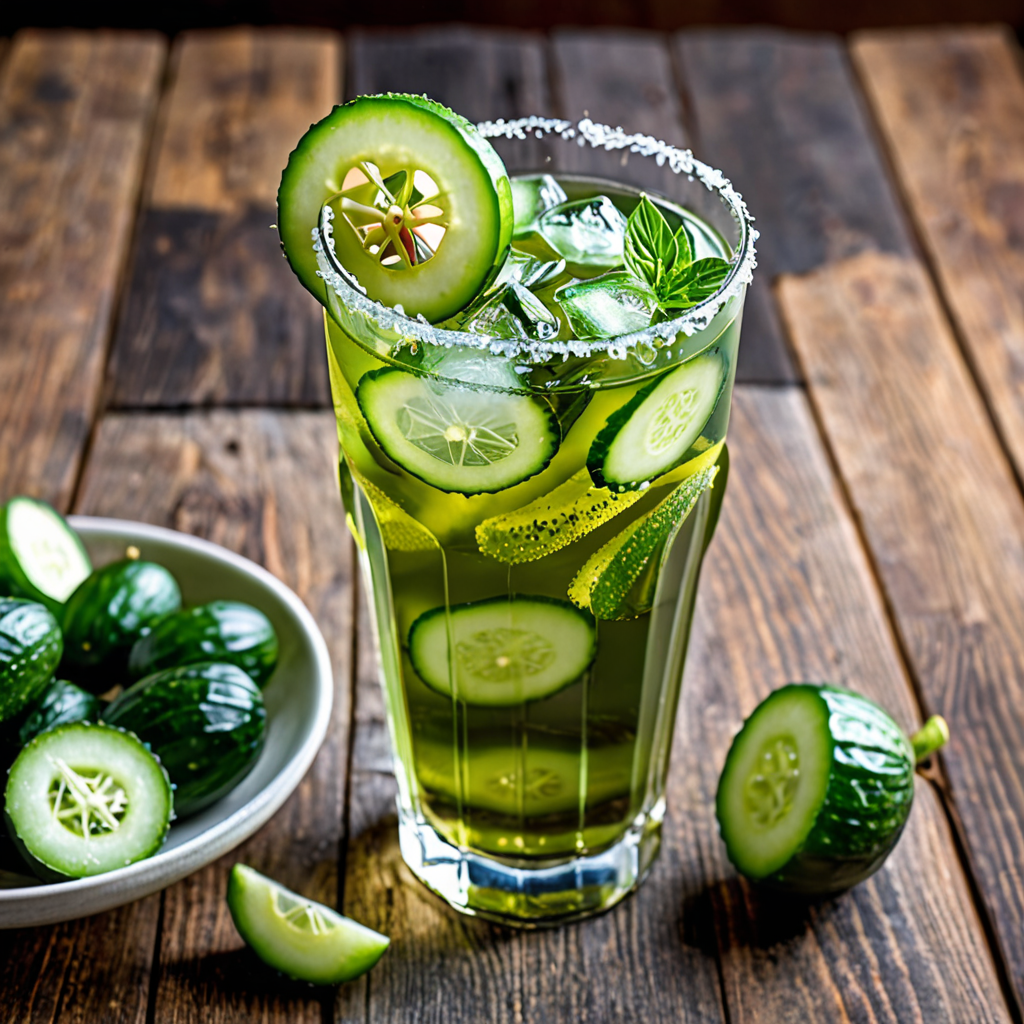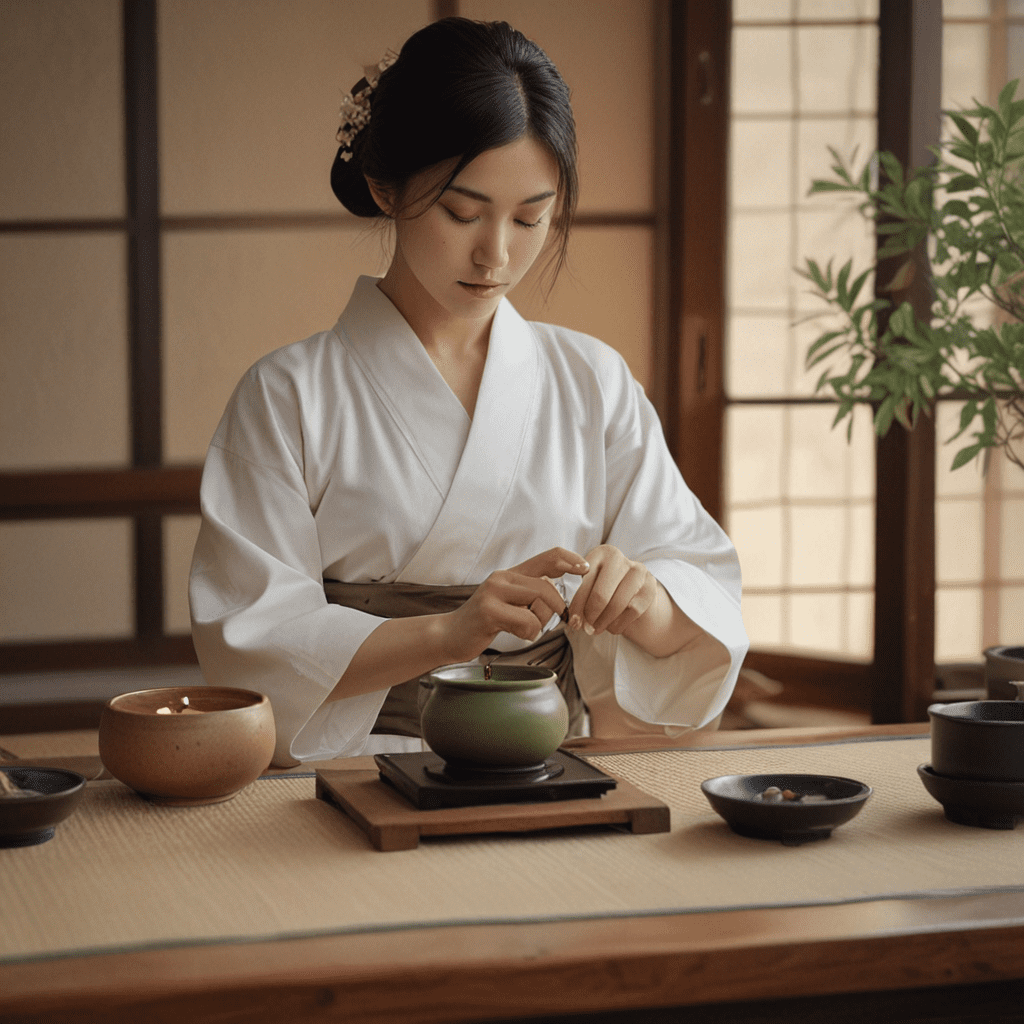
1. Introduction: The Significance of Ceylon Tea Traditions
The island nation of Sri Lanka, formerly known as Ceylon, is renowned globally for its exquisite tea, which has become an integral part of its cultural heritage. For centuries, Ceylon tea traditions have played a pivotal role in shaping the social, economic, and cultural fabric of Sri Lankan society. Understanding these traditions sheds light on the country's rich history, its deep-rooted connection to tea, and the enduring legacy it has left on the world stage.
2. The History and Origin of Ceylon Tea
The introduction of tea to Sri Lanka in the 19th century marked a transformative moment in the country's history. British planters established tea plantations in the central highlands, recognizing the ideal climate and fertile soil for cultivating premium tea. Over time, Sri Lanka emerged as a leading producer of high-quality tea, its reputation spreading far and wide. The development of the tea industry not only boosted Sri Lanka's economy but also significantly influenced its social and cultural landscape.
3. The Unique Characteristics of Ceylon Tea
Ceylon tea stands out from other varieties due to its distinctive characteristics. Grown in the pristine highlands, the tea leaves absorb nutrients from the rich soil, resulting in a complex flavor profile. Ceylon tea is known for its bright color, ranging from golden to deep amber, and its aromatic notes that evoke a symphony of floral, citrus, and spice. The balance of astringency and sweetness creates a harmonious taste that appeals to discerning tea enthusiasts worldwide.
4. The Traditional Tea Ceremony in Sri Lanka
Tea holds a central place in Sri Lankan culture, and its preparation and consumption are steeped in tradition. The traditional tea ceremony is an elaborate ritual that showcases the deep respect and appreciation for tea. Guests are welcomed with a warm cup of tea, often accompanied by sweet treats. The ceremony involves intricate steps, from warming the teapot to pouring the tea in a specific way, each movement imbued with cultural significance.
5. The Cultural Importance of Tea in Sri Lankan Society
Tea is more than just a beverage in Sri Lanka; it is deeply intertwined with the country's social fabric. It serves as a symbol of hospitality and friendship, fostering a sense of community. Tea is an essential part of daily life, enjoyed in homes, workplaces, and social gatherings. It is also a significant part of religious festivals and weddings, where it holds both cultural and spiritual meanings.
6. Tea as a Symbol of Hospitality and Friendship
In Sri Lankan culture, offering tea to guests is considered a gesture of hospitality and friendship. It signifies warmth, respect, and a desire to connect. Tea is often served in traditional clay or porcelain cups, adorned with intricate designs. The ritual of preparing and sharing tea fosters a sense of camaraderie and strengthens bonds between individuals.
7. The Role of Tea in Sri Lankan Festivals and Weddings
Tea plays a significant role in Sri Lankan festivals and weddings. At the Sinhalese New Year, a national holiday, families and friends gather to celebrate with a traditional tea ceremony. During weddings, tea is offered to symbolize the union of two families and to wish the couple a life filled with happiness and prosperity.
8. The Economic Impact of Tea Traditions
Tea is not only a cultural treasure but also a vital economic driver for Sri Lanka. The tea industry provides employment to millions of Sri Lankans, directly and indirectly. It contributes significantly to the country's GDP and plays a crucial role in sustaining local communities. The export of Ceylon tea has established Sri Lanka as a prominent player in the global tea market, bringing in substantial foreign exchange.
9. Preserving and Promoting Ceylon Tea Heritage
Recognizing the cultural and economic significance of tea, Sri Lanka has taken significant steps to preserve and promote its tea heritage. The Tea Board of Sri Lanka oversees the quality and standards of Ceylon tea, ensuring its global reputation for excellence. The country also supports research and development to enhance tea cultivation techniques and promote sustainable practices.
10. Conclusion: Celebrating the Enduring Legacy of Ceylon Tea
Ceylon tea traditions are a testament to Sri Lanka's rich cultural history, its deep connection to tea, and its enduring legacy on the world stage. The unique characteristics of Ceylon tea, the traditional tea ceremony, and its cultural importance reflect the country's vibrant and diverse heritage. Preserving and promoting these traditions ensures that future generations can continue to appreciate and celebrate the enduring legacy of Ceylon tea.
FAQs
Q: What makes Ceylon tea unique?
A: Ceylon tea is grown in the pristine highlands of Sri Lanka, where the climate and soil contribute to its distinctive flavor profile, known for its bright color, aromatic notes, and balanced taste.
Q: What is the traditional tea ceremony in Sri Lanka?
A: The traditional tea ceremony is an elaborate ritual that showcases the deep respect and appreciation for tea. It involves intricate steps, from warming the teapot to pouring the tea in a specific way, each movement imbued with cultural significance.
Q: What is the cultural significance of tea in Sri Lankan society?
A: Tea is more than just a beverage in Sri Lanka; it is deeply intertwined with the country's social fabric. It serves as a symbol of hospitality and friendship, fostering a sense of community. Tea is also an essential part of religious festivals and weddings, where it holds both cultural and spiritual meanings.

